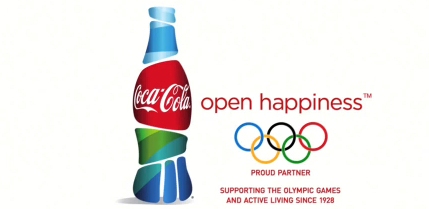Sponsorship is tricky business. It’s essentially a PR move, a way to connect your business with concepts that are not normally associated with a physical product, like goodwill, happiness, etc.
My classmate Shomas Mah put this into context of Coca-Cola’s sponsorship of the 2014 Olympics in Sochi, Russia, where members of the LGBT community are being denied their rights. He argues that Coca-Cola, whose company values explicitly “do not condone human rights abuses, intolerance, or discrimination of any kind anywhere in the world,” should take a stand regardless of losses. I agree with him, but the politics surrounding the issue is tricky. Coca-Cola has been the longest serving sponsor of the Olympics (since 1928!) but it wouldn’t matter if the company wasn’t one the the biggest in the world.
From a CSR perspective,using it’s clout is a no-brainer. However, Coca-Cola pays an estimated 100 million dollars for four years to have exclusive rights, and likely spends several times more in using the Olympic brand. This issue does have precedent in Canada, where hockey arena sponsors spoke out for player safety (when the ad board behind the concussed player happened to be the company’s). As much as I would love for Coca-Cola to use their influence for serious, political good, too much money is at stake.


